Implementation & Adoption Stories
Implementation stories
FAIRsFAIR Implementation stories illustrate good practices in research communities and organisations to support the implementation of the FAIR principles. These practices encompass ‘FAIR-enabling’ actions as recommended in the EC Expert Group on FAIR report Turning FAIR into Reality and the FAIRsFAIR Recommendations on practice to support FAIR principles.
Adoption Stories
FAIRsFAIR Adoption Stories provides visibility to the impact of the FAIRsFAIR tools, services, recommendations and guidelines towards target stakeholders from the EOSC framework. We have asked projects and EOSC partners to share their experience and lessons learnt in this series of “FAIR Adoption Stories”.
Enjoy them!
Have you also adopted or tested one of FAIRsFAIR outputs? Tell us your story, contact us here
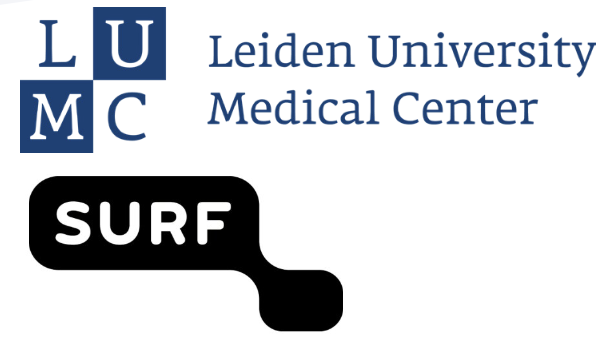
As a service manager how may I assist my organisation to make research data we hold both FAIR and “as open as possible, as closed as necessary”? The FAIR Data Point is a protocol for (meta)data provision championed by GO-FAIR as a solution to this need. In this story we describe how two organisations have applied the FAIR Data Point (FDP) to provide FAIR data or metadata in two contexts. In Leiden University Medical Centre the FDP is used to make metadata about COVID patient data as open as possible in the interest of research, while the data is necessarily closed and held in a variety of different systems. By contrast, Dutch data service provider SURF is applying the FDP to improve the FAIRness of an extensive dataset repository that is openly accessible by default. Based on interviews with the lead protagonists in both organisations' FDP implementations we compare their rationales and approaches, and how they expect this FAIR-enabling technology to benefit their user communities.
20 April 2022
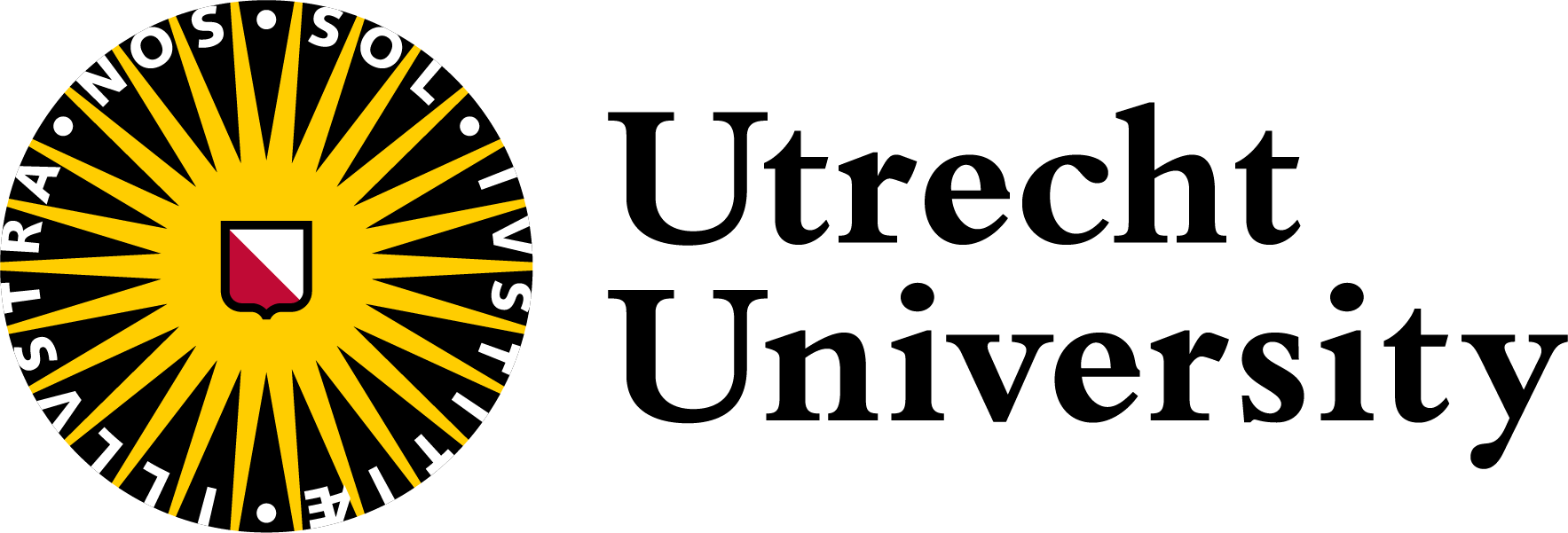
For an organisation to successfully implement a programme for open and FAIR science, it is vital that its approach is one that both connects to all relevant actors throughout the organisation and is also supported by senior management. Utrecht University showcases an extensive Open Science Programme that includes support for FAIR practices. This programme is carried out through collaborations with many different parties and stakeholders to ensure alignment throughout the organisation and a focus on the aspects that are most relevant to academics. Awareness, training, and recognition are the main pillars of this programme. Based on the TRIPLE model, Utrecht University strives to remain at the forefront of the open science movement in the Netherlands. This story depicts the organisation’s programme and gives examples of the resulting practical implementations of training and recognition efforts.
08 April 2022
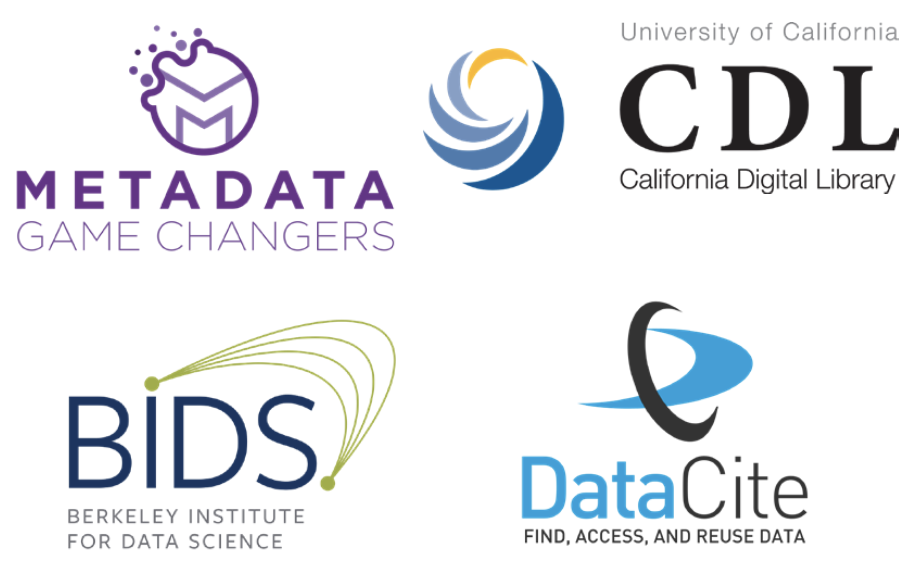
The FAIR Island Project for Place-based Open Science is an exploratory project that is comprehensively testing the FAIR (Findable, Accessible, Interoperable, and Reusable) data principles in an Open Science context, aiming to apply these principles from the start of data gathering. This data gathering is initially centred on the island atoll of Tetiaroa, which is northwest of Tahiti in French Polynesia, yet offers general lessons applicable anywhere.
A key goal of the FAIR Island project is the development of an exemplar place-based data policy that provides the policy framework to require researchers at the field stations to not only generate Data Management Plans (DMPs) but to share research data upon completion of their projects. This story shows how new features from DataCite can be used to automatically produce an inventory of project outputs for a field station. With this aim, the FAIR Island project illustrates how to build into research practice the interoperability between DMPs and identifier systems, which includes DOIs, RORs and ORCIDs By ensuring information contained within DMPs is ‘machine-actionable,’ this can save researchers and field station managers time on project administration and allow systems to leverage DMPs as ‘living documents’ to automatically record project outputs. The FAIR Island Project is a collaboration between the California Digital Library (CDL), University of California Gump South Pacific Research Station, Berkeley Institute for Data Science (BIDS), Metadata Game Changers LLC, and DataCite. This implementation story highlights initial results and recommendations, based on a webinar for Research Data Alliance US (Robinson et al., 2021) and follow-up with the presenters.
04 April 2022
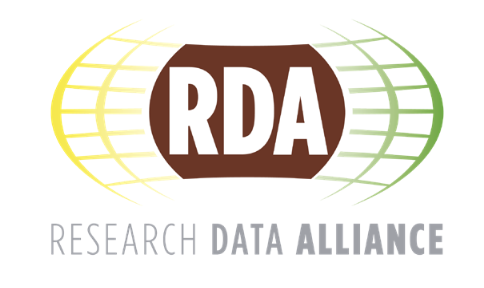
This story provides an insight into the social dimensions involved in data interoperability. Kheeran Dharmawardena, a Strategy Analyst and Social Architect from Cytrax, Australia and Chair of the RDA Interest Group on Social Dynamics of Data Interoperability, shares his experiences of initiating the discussion around this topic both in the Research Data Alliance (RDA) as well as in Australia. His involvement dates back to 2012-2016 when he was working on a number of projects, where he noticed that while the projects were working really well from a technical perspective, they were still struggling. The reason was found to be inadequate consideration of the social aspects of data interoperability. Sometimes the environment was right and the project became a success, and at other times the project struggled. This clearly had to be addressed. But it was not until 2016 when the concept of social dynamics of data interoperability were really starting to take form in his mind. At this time he was leading a project where success was highly dependent on getting different organisations aligned and working together. At the same time, some other Australian projects had started to put the social aspects of IT and data into focus as well, which crystallised the need for further exploration of the topic. Kheeran took his insights to the RDA in 2018 where he organised a ‘Birds of a Feather’ session on the topic. He quickly realised that this was a challenge many faced but something that was not being addressed in a systematic way. As a result of the BoF, the Social Dynamics of Data Interoperability interest group (hereby referred to as ‘IG’) was established. Currently the group is focused on looking at trust and how trust relates to FAIR.
04 April 2022
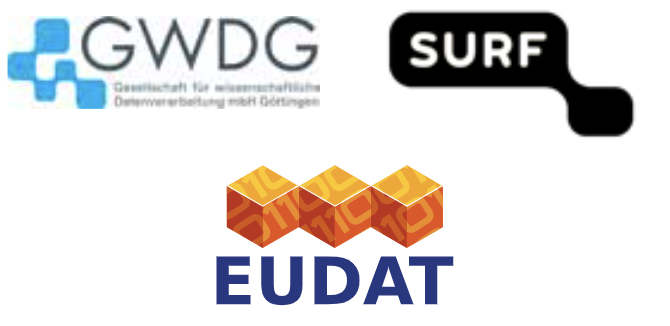
B2INST is a community-driven solution for global and unique identification of instruments operated within science. Measuring instruments, such as sensors used in environmental science, DNA sequencers used in life sciences or microscopes used in medical domains, are widespread in most fields of applied sciences. B2INST will be offered as a public service which can be used by research communities and researchers to describe, register and reference instruments. The service is a joint development between EUDAT, DataCite and ePIC. It all started from the discussions ongoing in the RDA PIDINST working group session in the 14th Plenary in Helsinki in October 2019. This was at a time when the development of the metadata schema for the description of and attaching PIDs to instruments was already at a fairly advanced stage, as the working group had already been active for two years. At that point, the working group was close to finalising the metadata standard, but an essential part in the ecosystem was missing – a service for registering and assigning PIDs to instruments. From this point onwards, the idea of developing a service for this purpose started to crystallize. Several communities were already involved in this working group and also saw the clear need for a service like this. SURF, GWDG, DataCite and CSC are the partners co-developing the service. Mark van de Sanden is the Technical Coordinator in EUDAT and has been involved in this work since the very start, i.e. since early 2020. In this implementation story, Mark shares the experiences of developing the B2INST service and the future ambitions of the service.
04 April 2022
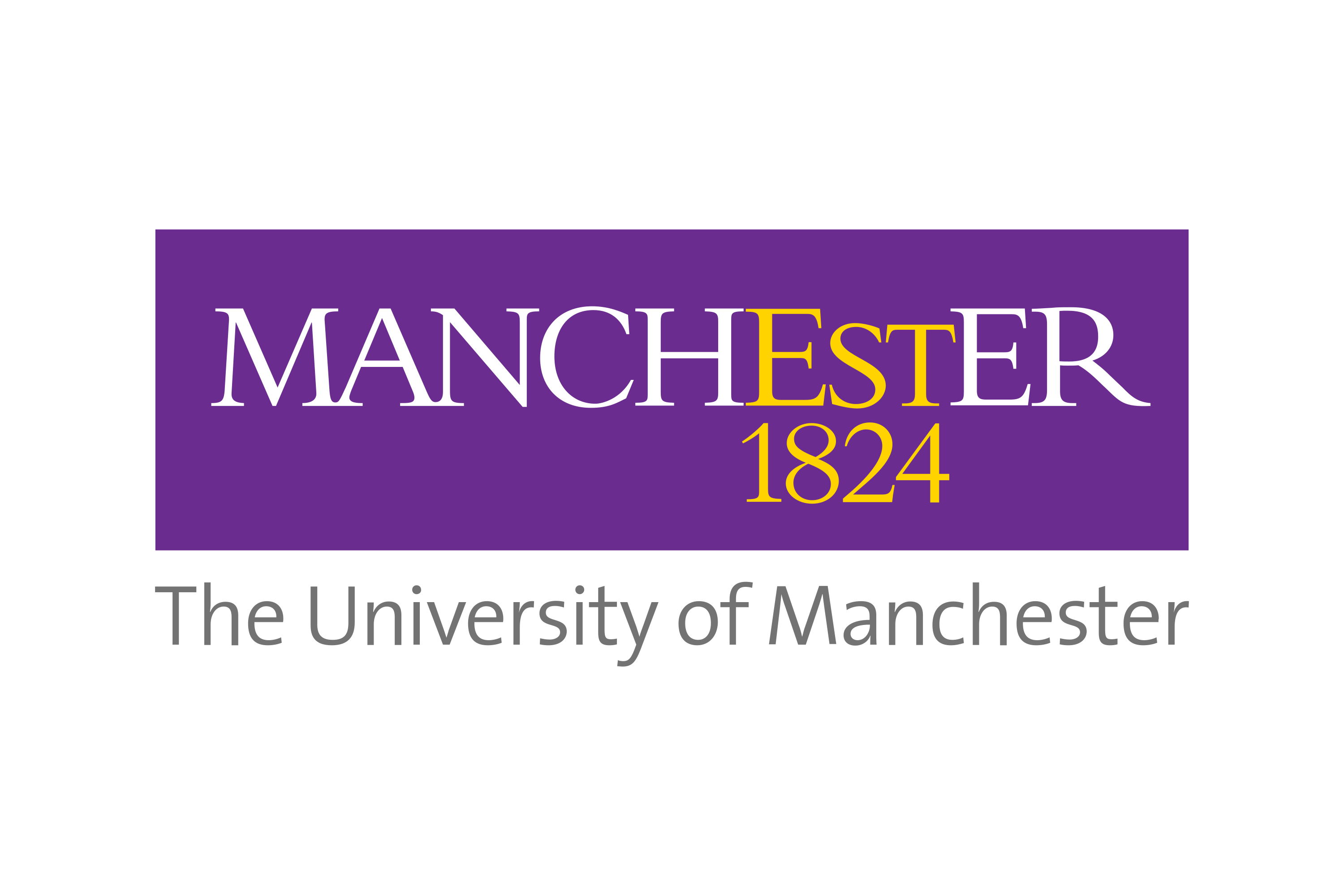
This Implementation Story looks at research data management service provision at the University of Manchester, and how their service offering has developed over time in response to researcher needs, changes in the RDM environment, and the drive to help researchers make their data more FAIR. Based on an interview with three University of Manchester staff involved in RDM at the institution, the Story charts how capabilities for data stewardship and research software engineering are increasingly coordinated with a mature RDM service, detailing the strategic goals, roles, workflows and further service implementations.
04 April 2022
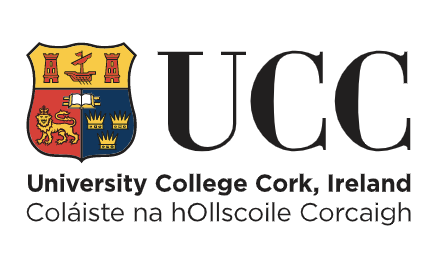
This good practice story focuses on a specific aspect of ‘developing support for FAIR data’: the work at University College Cork (UCC) in Ireland on issuing a digital badge to aid the recognition of skills gained in Responsible Conduct of Research. Badges have been in use at UCC since 2017. For the specific context of the Responsible Conduct digital badge, it is useful to know that the national research funders demand that researchers receive training in research integrity. The Irish online course Epigeum is the entry level course for research integrity training. The UCC digital badge in the Responsible Conduct of Research, developed in 2019, includes and builds on Epigeum and gives UCC researchers the opportunity to expand on the minimum required training.
04 April 2022

Delivering support for researchers in social sciences, arts, and humanities disciplines to undertake data-driven research is the primary role of the Centre for Data, Culture & Society, based at the University of Edinburgh. Acting as a connection between researchers in these disciplines and the university’s central services encourages researchers to engage more actively with the services available to them to manage their data and make it more FAIR. Building local communities of researchers within the University in these disciplines also allows the centre to act on their behalf in discussions about new service developments by the university.
04 April 2022
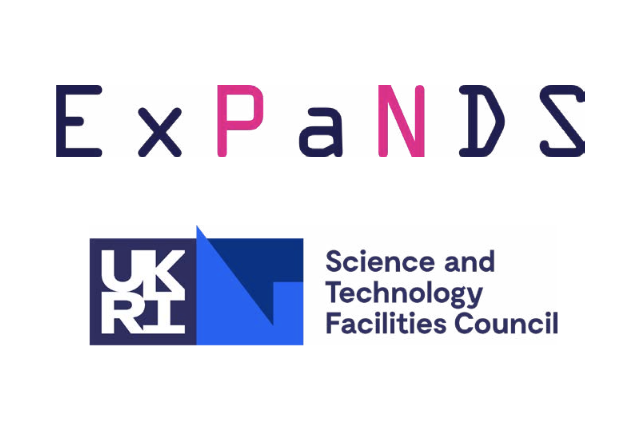
The ExPaNDS project is the European Open Science Cloud (EOSC) Photon and Neutron Data Service: a collaboration, funded by the Horizon 2020 programme, between ten national Photon and Neutron Research Infrastructures as well as EGI, an e-infrastructure that provides advanced computing services for research. These research infrastructures are exemplars of “facilities science”, providing specialised instruments and techniques for use by researchers from a wide range of fields. One strand of work in the project is on “Enabling FAIR data for photon and neutron national research infrastructures”, and includes development of a data policy framework to allow the facilities to adopt a coherent approach to FAIRness of the data that they generate.
The activity examined here concerns revisions to the ExPaNDS data policy framework presented in the project’s Final data policy framework for Photon and Neutron RIs. The earlier draft policy framework (ExPaNDS deliverable D2.1: Draft extended data policy framework for photon and neutron RIs) had been published in September 2020, and drew on the FAIRsFAIR Policy enhancement recommendations. Before that, there had been joint work with the PaNOSC project, which had produced its own data policy deliverable in May 2020. However it became apparent that ExPaNDS partners were keen to explore the various themes of the data policy framework in more depth, especially with a view to providing greater flexibility in approach, so a programme of consultations with each of the ten ExPaNDS partner facilities was undertaken.
04 April 2022
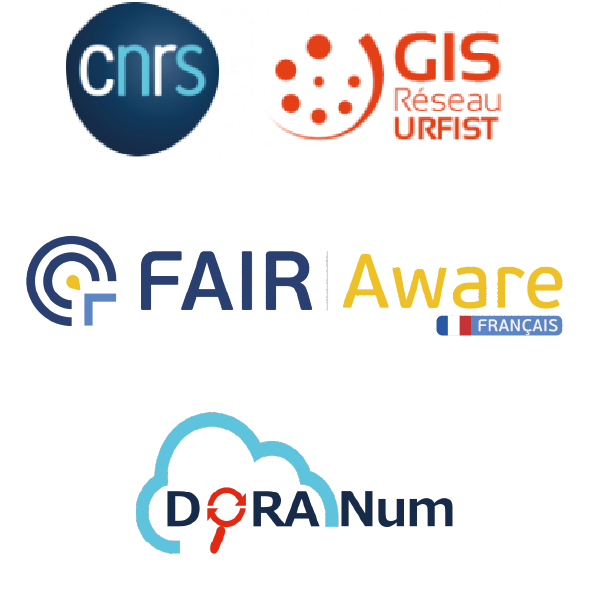
The DoRANum team strives to provide researchers with practical tools and solutions to help them make their research data publicly accessible throughout their careers.
To this end, IRD and Urfist Paris had the idea of translating DANS' FAIR-Aware tool to provide a French version in DoRANum. This article explains how this adaptation work was carried out.
25 March 2022
